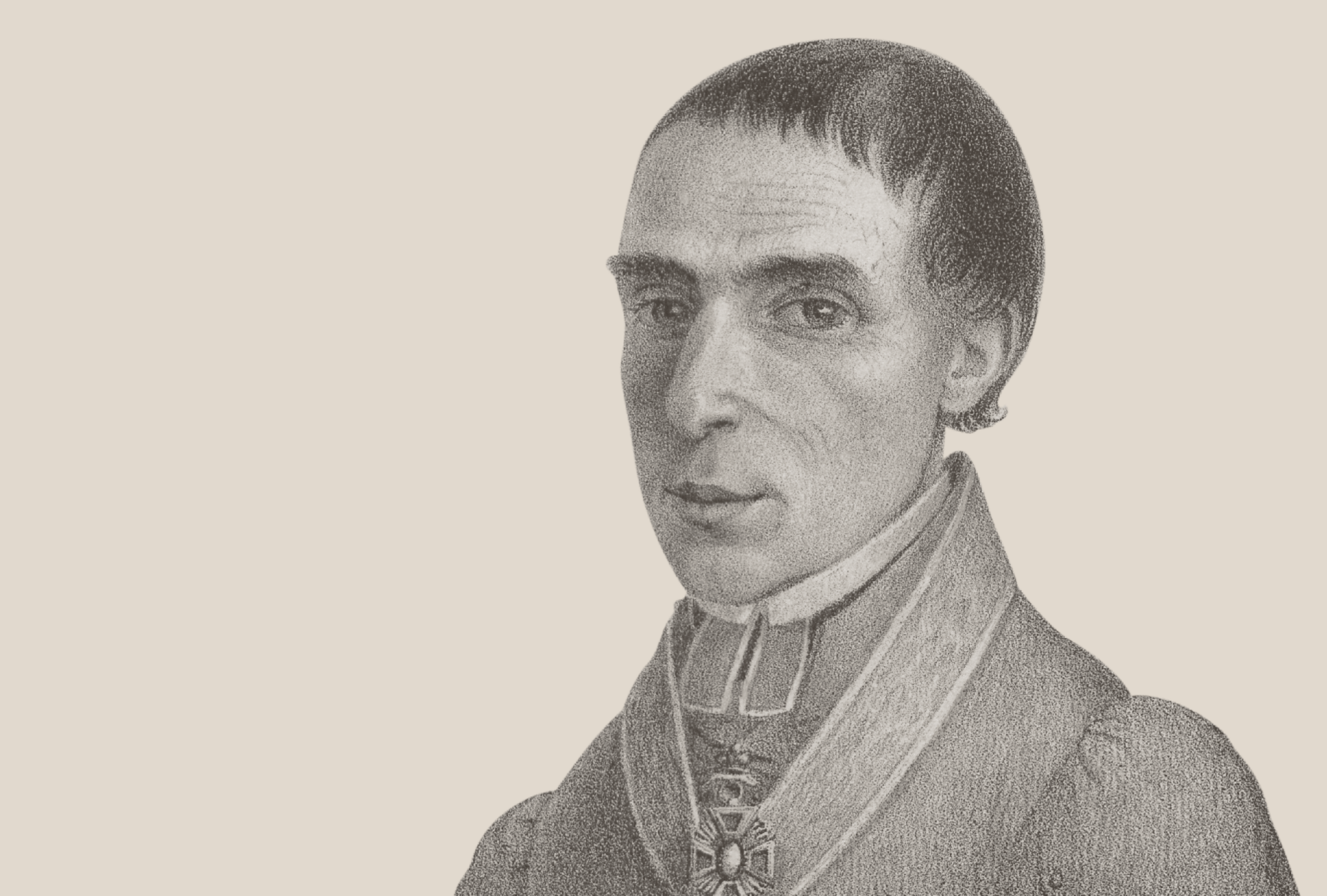We are currently in the process of building a prosopographical database of people connected to Galicia’s Greek Catholic diocesan seminaries, the Barbareum in Vienna, and the Studium Ruthenum in Lviv. We include both students and employees of these institutions.
We gather information on the various stages of their education, their subsequent careers, and the ties between them (both blood and professional ones). Our point of departure is the meticulous research of Amvrozii Androkhovych from the 1920s and 1930s. We systematise his findings and present them in an accessible digital form, so that future scholars can explore them on their own.
In order to make patent the social transformation of the Greek Catholic clergy in the aftermath of the Austrian creation of Galicia, we supplement Androkhovych’s input with Dorota Wereda’s prosopography of Poland-Lithuania’s Uniate episcopate as well as the work of Iuliian Pelesh. When the pandemic is over, we hope to add information on those Greek Catholic students of the Lviv General Seminary who did not attend the Studium Ruthenum.
This prosopographical knowledge will provide a social context necessary for the analysis of the intellectual output of figures such as Mykhailo Harasevych, himself an exemplary product of the new Austrian schooling institutions.
Visitors will be able to either directly access our database or to explore it through a searchable digital map. Building the latter tool would not be possible if not for the generosity of our colleagues from the Department of Historical Atlas. We would like to thank here Bogumił Szady, who has kindly shared with us the template and data of his digital map Religions and Confessions in the Polish Crown in the Second Half of the Eighteenth Century.

